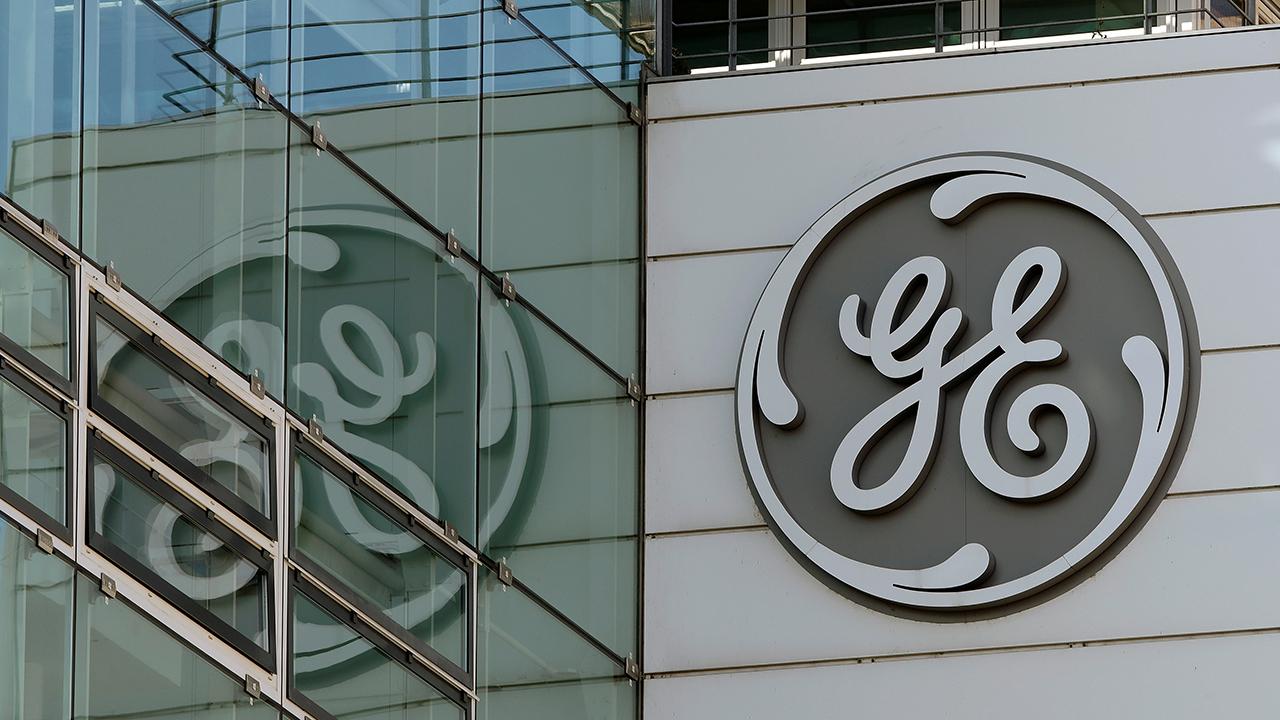Roche buying Spark Therapeutics as firm seeks new patients for landmark drug
For Spark Therapeutics, the $4.3 billion acquisition by Roche Holding AG represents an opportunity to fulfill a key 2019 goal of the Philadelphia biotech firm: find more patients for its innovative treatment for blindness.
Roche’s purchase also further expands the Swiss drugmaker into the hemophilia market and marks the latest move by large pharmaceutical firms to capitalize on the promising treatments that work by inserting healthy copies of genes in unhealthy cells and tissues to treat disease – aptly called gene therapies.
Spark’s Luxturna was the first such drug approved by the Food and Drug Administration, an achievement that immediately sparked questions of how the company would price the treatment. It implemented a cost scheme based upon outcomes in patients, a model that Spark says makes it a pioneer in the industry.
But despite sales of the drug spurring revenue growth, losses continue to pile-up and Chief Commercial Officer Ron Philip says he is determined this year to expand the market for Luxturna.
In 2018, "we had probably a significant amount of focus on the price and whether payors would cover it, whether we could get this treatment-centered model that we set out to do to work," he told Fox Business prior to the news of the deal with Roche. "We’ve largely retired the risks that were associated with the conversion elements of gene therapy and really our focus for 2019 is going to be on the traditional market development effort."
“Patient identification is probably our biggest area of focus,” he added.
Spark on Monday declined an interview request and directed Fox Business to the release announcing the deal.
“Roche will help us accelerate the development of more gene therapies for more patients for more diseases and further expedite our vision of a world where no life is limited by genetic disease,” CEO Jeffrey Marrazzo said in the statement.
Spark will continue to operate as an independent entity within Roche, the companies said. In an emailed statement, Roche said Spark is “responsible for the commercialization of Luxturna” and directed all inquiries to the company.
After the news of the sale, Spark’s stock was on track on Monday to close at its highest level ever. The company earned $64.7 million in revenue in 2018, but reported a loss of nearly $79 million.
| Ticker | Security | Last | Change | Change % |
|---|---|---|---|---|
| RHHBY | ROCHE HOLDING AG | 57.11 | -0.59 | -1.02% |
| ONCE | NO DATA AVAILABLE | - | - | - |
| LLY | ELI LILLY & CO. | 1,044.35 | -13.56 | -1.28% |
| BMY | BRISTOL MYERS SQUIBB CO. | 60.77 | -1.22 | -1.97% |
The purchase at $114.50 per share -- a 122 percent premium -- pushes Roche deeper into the hemophilia sector after the FDA approved Hemlibra in 2017, a hemophilia A drug that could net the company billions in yearly sales. The company earned over $150 million in sales from Hemlibra in 2018, it said in January.
Spark is developing its own treatment for hemophilia A that will likely enter advanced trials in 2019, which Roche CEO Severin Schwan told CNBC is “potentially complimentary” to its own drug.
Top pharmaceutical companies are rushing to invest in promising gene therapy treatments. Bristol-Myers Squibb is in the midst of a $74 billion purchase of Celgene, which is working on a drug for non-Hodgkin lymphoma. Eli Lilly & Co. also paid $8 billion to buy Loxo Oncology., while Novartis bought AveXis for $8.7 billion.
CLICK HERE TO GET THE FOX BUSINESS APP
Spark sells Luxturna for $850,000 per patient -- or $425,000 per eye -- but the company offers pricing based upon the performance of the treatment. It is “pretty happy” with the results for 2018, but Philip said “there’s more work to be done.”
The firm is awaiting approval from the Trump administration for both a three-and-five-year pay installment program based upon the benefit the treatment delivers to patients.
“We’ve had multiple discussions probably since the launch of the product with them. They’ve come to us with adjustment, we made some adjustments to our offer and now we’re in hopefully the last legs,” Philip said. “We’re pretty optimistic that we will get something relatively soon.”




















